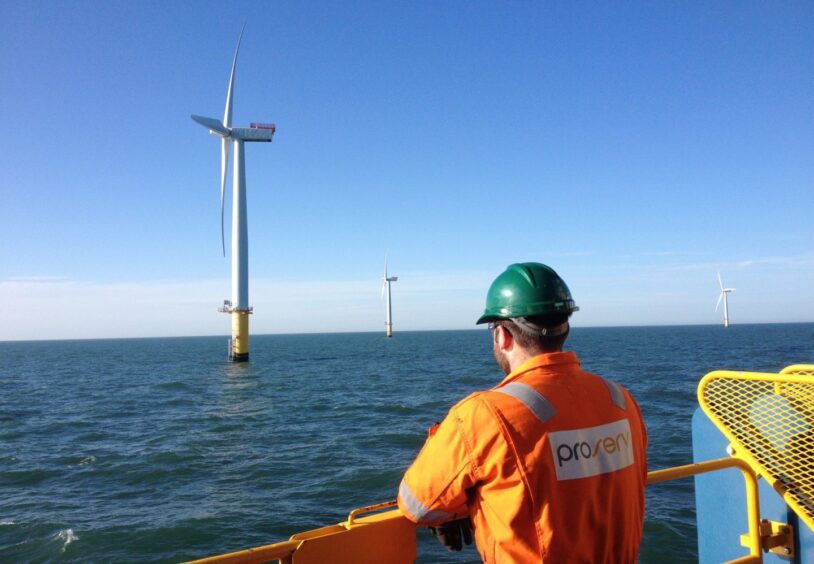
OPEC’s oil production edged lower last month following a fire at Iraq’s biggest oil field, according to a Bloomberg survey.
The Organization of Petroleum Exporting Countries pumped an average of just over 27 million barrels a day in January, about 70,000 a day less than the month before, the survey showed. The decline in Iraq offset modest increases in Kuwait and Venezuela.
Iraq quickly extinguished the blaze that erupted at a storage tank at the Rumaila oil field on Jan. 24, but said the incident knocked out about 300,000 barrels a day — or 25 percent of the field’s capacity — during the following week. The country’s production averaged just over 4 million barrels a day last month, in line with its OPEC quota.
OPEC and its allies are persevering with an accord to keep a lid on supplies until the end of this quarter, and then gradually revive output in monthly stages. The coalition has been withholding production since late 2022 in a bid to shore up crude prices.
At an online review meeting on Monday, the coalition — jointly led by Saudi Arabia and Russia — opted to stick with the agreement, despite pressure from US President Donald Trump to “cut the price of oil.” The cartel remains wary of inundating global markets as demand falters in top consumer China, while alternative supplies across the Americas are booming.
After Iraq, the next biggest monthly fluctuations were in Kuwait — which increased by 60,000 barrels to reach 2.49 million per day — and Venezuela, which added 50,000 barrels for an average of 900,000 a day.
OPEC+ aims to begin reviving output in monthly tranches of 120,000 barrels a day from April, bringing back a total of 2.1 million barrels a day by late 2026. But it has already delayed the restart three times, fearing the extra barrels could destabilize the market, and has another month to consider the scheduled April increase.
With the pullback to just over 4 million barrels a day, Iraq’s production is closer to its limit than at any time since it was agreed at the beginning last year. Still, it has yet to begin the work of making additional cutbacks to compensate for earlier over-production. Kazakhstan and Russia have also pledged compensation curbs for exceeding their quotas.
Bloomberg’s survey is based on ship-tracking data, information from officials and estimates from consultants, including Kpler Ltd., Rapidan Energy Group and Rystad Energy.
What do you think? We’d love to hear from you, join the conversation on the
Rigzone Energy Network.
The Rigzone Energy Network is a new social experience created for you and all energy professionals to Speak Up about our industry, share knowledge, connect with peers and industry insiders and engage in a professional community that will empower your career in energy.
MORE FROM THIS AUTHOR
Bloomberg






















